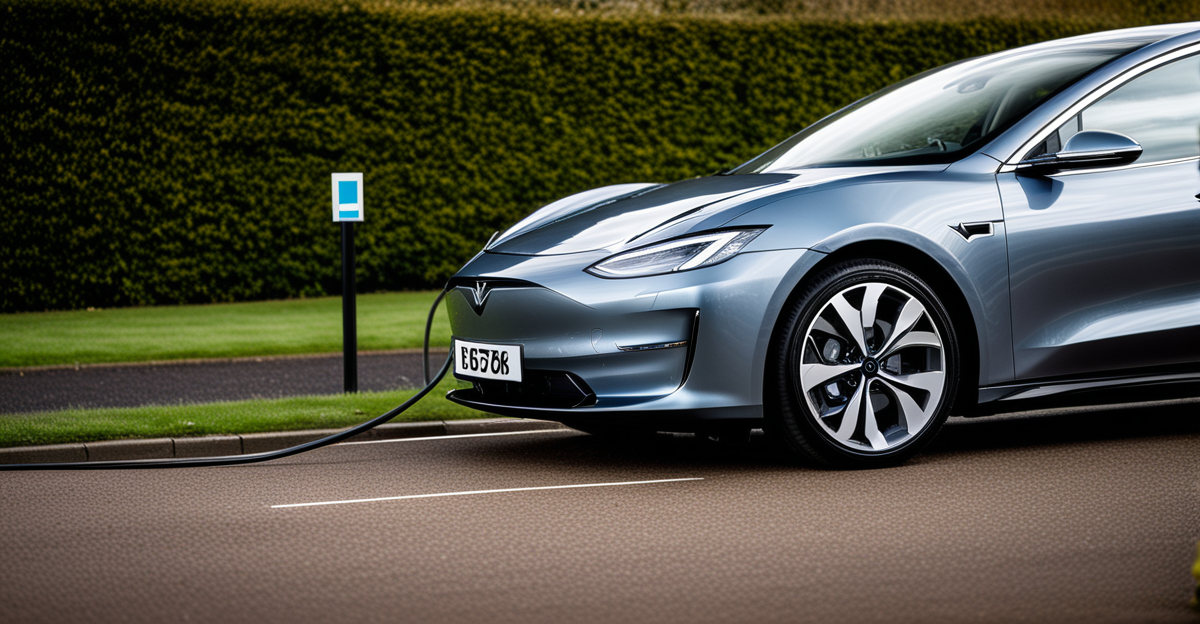Impact of Electric Vehicle Adoption on UK Car Manufacturing
The electric vehicle trends UK have accelerated a significant transformation within the UK car manufacturing landscape. UK manufacturers are increasingly shifting production focus to electric models, reflecting growing market demand and government policies. This shift is not merely about assembling new vehicle types; it involves substantial alterations to existing manufacturing processes.
Traditional automotive assembly lines are being retooled to accommodate electric drivetrains and battery systems. This change requires new supplier relationships, especially around battery components, prompting a complete automotive sector transformation. For example, the supply chain now emphasizes rare earth metals and battery cell production, which were previously marginal. These supply chain upgrades are necessary given the complexity of electric vehicle manufacturing versus traditional petrol or diesel engines.
Also to read : How Are Emerging Technologies Shaping the Future of the UK’s Automotive Industry?
Moreover, the push towards EV adoption affects long-established manufacturing priorities. Legacy vehicle segments, such as internal combustion engine models, are being phased out or downsized. UK car manufacturing is thus navigating a dual challenge: maintaining legacy production while ramping up new EV lines. This transition underscores the broader industry shift from conventional vehicles to a cleaner, more sustainable future.
Have you seen this : What are the most promising startups in the UK’s automotive scene?

